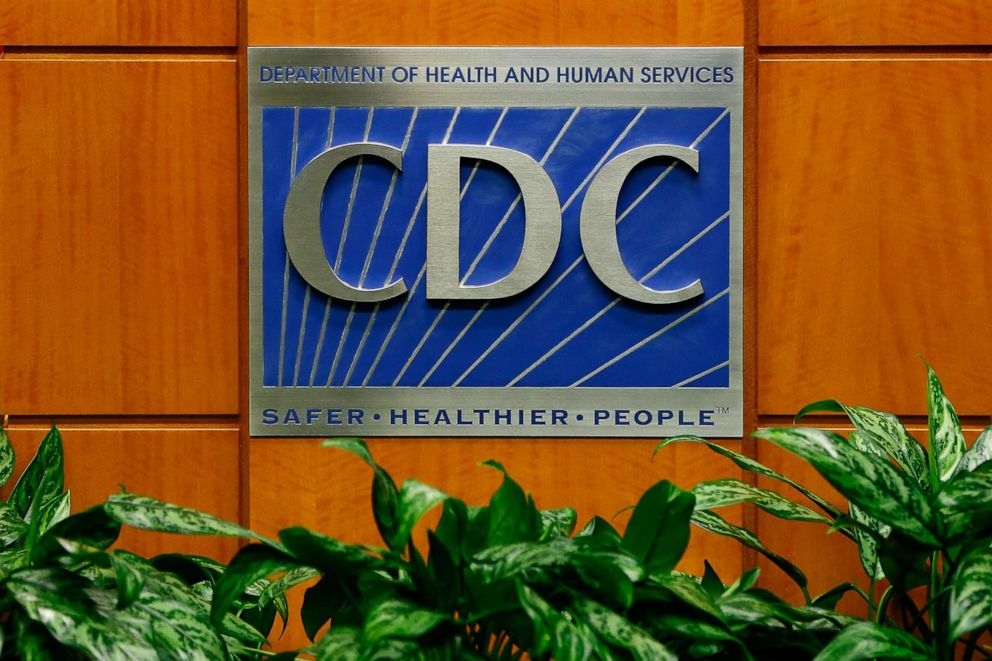Cruises could resume in US by mid-July with vaccinations, CDC says
The CDC said 95% of passengers would have to be fully vaccinated.
U.S. cruises could resume as early as mid-July, the Centers for Disease Control and Prevention is now telling the cruise industry.
Since March 2020, the CDC has blocked cruise ships that carry more than 250 people from sailing in U.S. waters.
The CDC clarified its existing return-to-sailing framework on Wednesday, allowing cruise companies to bypass previously required simulated voyages if a ship attests that 98% of its crew and 95% of its passengers are fully vaccinated.
"We acknowledge that cruising will never be a zero-risk activity," the agency said in a letter to cruise industry officials obtained by ABC News, "and that the goal of the Framework for Conditional Sailing Order's phased approach is to resume passenger operations in a way that mitigates the risk of COVID-19 transmission onboard cruise ships and across port communities."
If necessary, the CDC also said it will respond to applications for those "test cruises" within five days, down from the previously announced 60-day waiting period.

"This puts cruise ships closer to open water sailing sooner," the agency said, emphasizing that they "remain committed" to resuming passenger operations in the U.S. by mid-summer.
Major cruise lines have already announced they will require future guests be fully vaccinated.
Royal Caribbean, Celebrity and Norwegian are resuming North American cruises this summer with ships sailing out of the Caribbean. Since their voyages won't involve departures or stops at any U.S. ports, they didn't need approval from the CDC. They only had to obtain officials' approvals at their planned destinations.
The potential loss of money for port economies in the U.S. recently sparked lawsuits against the CDC.
Earlier this month, Florida Gov. Ron DeSantis announced the state was suing the U.S. government in an attempt to resume cruising in the U.S. after more than a year of the industry's shuttering amid the COVID-19 pandemic.

"We have tens of thousands of Floridians -- not just in this county alone but throughout the state -- who depend on the viability of our cruise industry for their livelihoods, for their jobs, for their ability to feed their families," the Republican governor said at a press conference in Miami-Dade County on April 8.
During the first six months of the pandemic the cruise industry hiatus cost Florida an estimated $3.2 billion in economic activity loss, including 49,500 jobs that paid $2.3 billion in wages, according to a report from the Federal Maritime Commission.
"It's really devastating for us," Peter Cranis, executive director of the Space Coast Office of Tourism said in an interview with ABC News last week. "I mean, thousands of jobs lost, hundreds of millions of dollars in visitor spending."
Cranis said Port Canaveral alone has lost about $90 million in revenue over the past year.
"It hits every part of our economy," he said. "Talking to some of the workers that were laid off from the restaurant, from the port, you know, I live here. I know these people. They're hurting ... they want to get back to work. That's the painful part, is that they have a skill. They love what they do. They want to get back to it, and right now, they just can't."
Two weeks later, Alaska joined Florida in the lawsuit.
"Alaskan families and small businesses need fast action to protect their ability to work and provide for their families," Republican Gov. Mike Dunleavey said in a press release. "We deserve the chance to have tourism and jobs."
ABC News' Amanda Maile contributed to this report.




